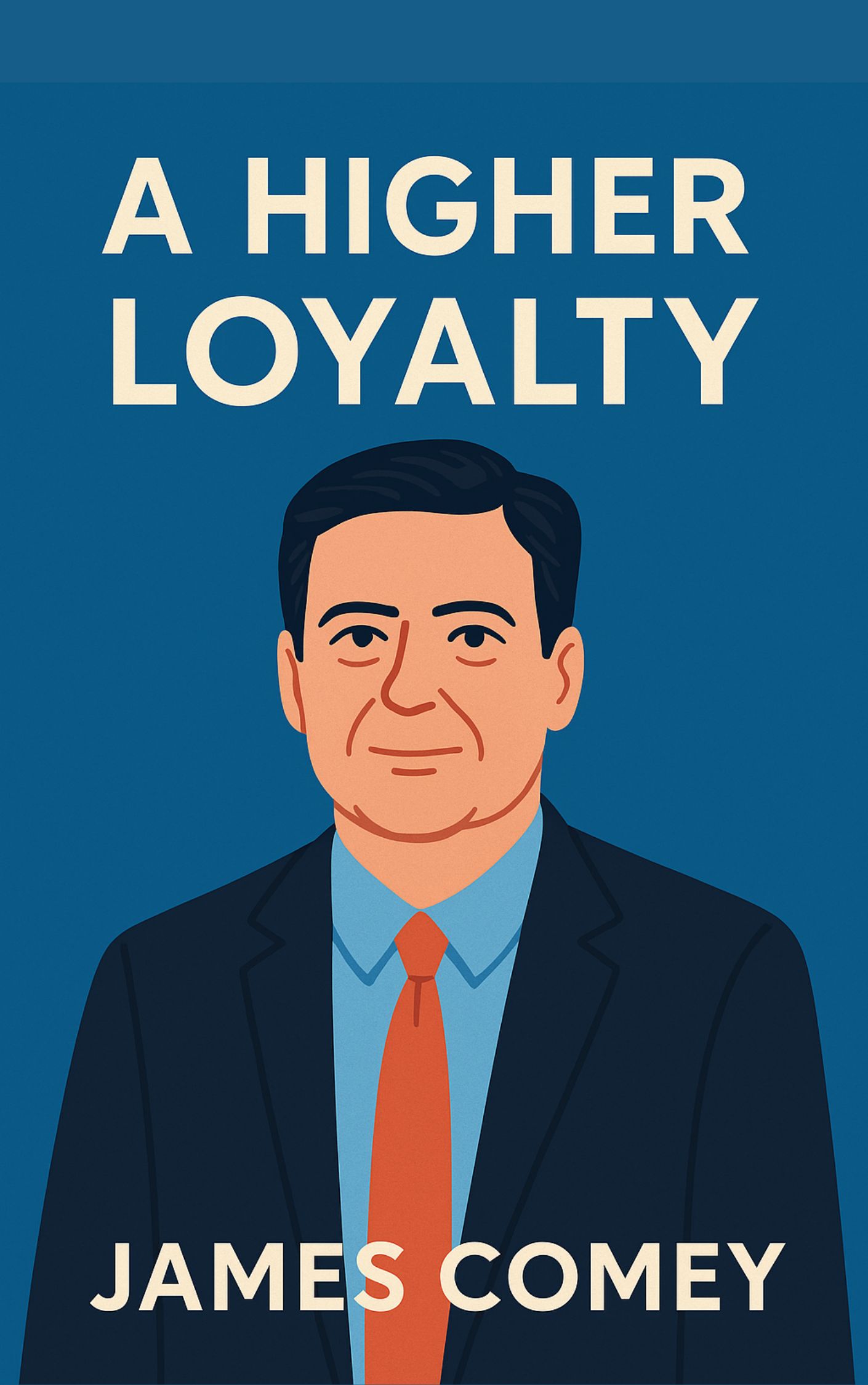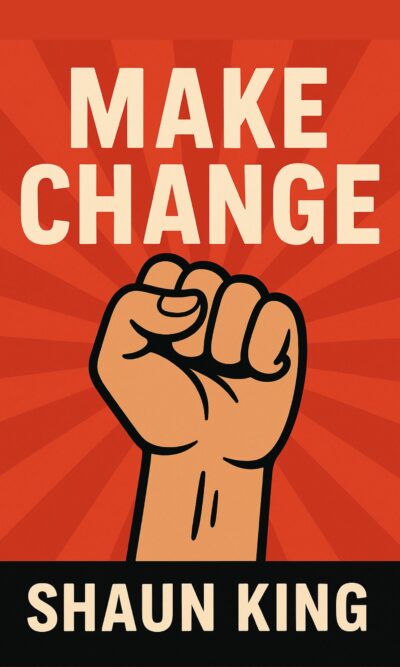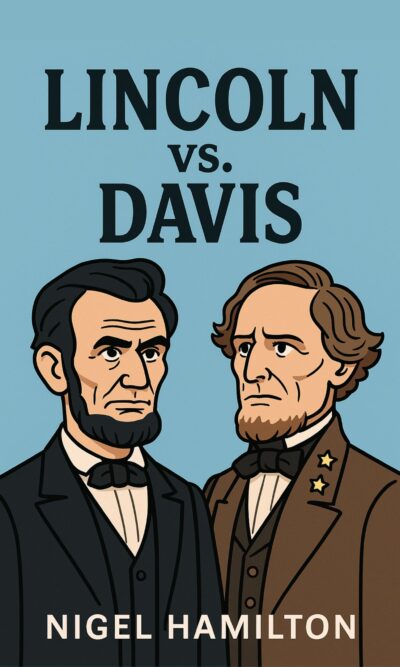Description
James Comey’s life story is about struggle, growth, and the constant search for truth and fairness. He was born in Yonkers, New York, in 1960, into a family with law enforcement roots. His grandfather had been chief of the local police, so ideas of justice and duty surrounded him early. But life was not always kind. When his family moved to New Jersey, Comey became the new kid in school and a target for bullies. He was skinny, wore patched clothes, and had uneven haircuts from his mother. He was teased, pushed around, and humiliated. Those painful years made him pay close attention to people’s moods and expressions. He learned to read signs of danger. They also gave him a deep desire to protect others who could not protect themselves.
Comey’s first job as a teenager was in a grocery store owned by Harry Howell. Howell demanded excellence but also showed compassion. When young Comey made mistakes, Howell didn’t yell or embarrass him. He simply asked, “Did you learn from this?” That balance of toughness and kindness made a lasting impression. It showed Comey that true leaders don’t need to rule through fear. They guide with fairness, high standards, and mercy.
Another defining event came when Comey was sixteen. A gunman broke into his home and held him and his younger brother at gunpoint. For several terrifying minutes, Comey believed he would die. He survived, but the experience shaped his thinking about life’s fragility and purpose. He decided he wanted a career that mattered, one where he could help people in real and lasting ways. At first, he thought he might become a doctor. But in college, he discovered the writings of Reinhold Niebuhr, a philosopher who argued that although humans are flawed, we should still strive for justice. Those words inspired him to study law instead of medicine.
As a young lawyer, Comey worked in Manhattan for Rudy Giuliani, then a powerful U.S. Attorney. Together they pursued mob bosses and crime families. Comey learned about the dark world of the mafia, where loyalty was demanded through fear and secret oaths. He saw that such loyalty was fake and dangerous. A real leader, he believed, doesn’t need forced loyalty. Trust should be earned through honesty, humility, and fairness.
Later, Comey moved to Virginia and worked under Helen Fahey, another important mentor. She had risen from a secretary to the head of the U.S. Attorney’s office. She led with confidence, humility, and humor. People admired her not because they feared her, but because she always put the team first. When she was unfairly accused in court, dozens of colleagues stood beside her in solidarity. This showed Comey that loyalty is not demanded; it is freely given when leaders act with integrity.
In 2001, Comey handled one of his most famous cases: the prosecution of Martha Stewart. She was accused of insider trading and later lying to investigators. Some people thought she was too famous and wealthy to be punished. But Comey believed the justice system must be fair for everyone. If the law applies only to ordinary people and not to the powerful, then justice becomes meaningless. Stewart eventually served time in prison. For Comey, the case was never about fame but about equal treatment under the law.
In 2003, Comey became Deputy Attorney General of the United States. It was a difficult time. After the 9/11 attacks, the government had expanded surveillance and interrogation programs. Comey discovered that some of these practices went beyond the law. The National Security Agency was conducting surveillance without proper warrants, and the White House was approving harsh interrogation methods many considered torture. Comey stood against these actions, even when it meant clashing with top officials. At one point, while his boss lay ill in a hospital bed, Comey faced White House staff who tried to pressure for approval of the surveillance program. Ashcroft, weak but firm, told them Comey was in charge. That moment convinced Comey that standing up for the law is always worth the risk.
Eventually, Comey resigned from government service when he realized torture policies were not being changed. For a time, he worked in the private sector, earning more money to support his family. But in 2013, President Barack Obama asked him to lead the FBI. Though they came from different political backgrounds, Comey respected Obama’s leadership qualities—his humility, humor, and ability to listen to diverse opinions. At the FBI, Comey wanted to promote diversity, integrity, and independence. He remembered the mistakes of J. Edgar Hoover, who had abused power, and he wanted to prevent such history from repeating.
Then came the challenges of 2016. The FBI investigated Hillary Clinton’s use of email while Secretary of State. Although the investigation concluded she had not committed crimes worth prosecution, later discoveries of more emails created a dilemma. Comey felt he had to be transparent and tell the public, even though the election was near. Many criticized him, saying his actions influenced the outcome. He wrestled with the decision, but he believed honesty was the only fair choice.
When Donald Trump won the presidency, Comey tried to maintain a professional relationship. But he soon felt uneasy. Trump repeatedly asked for loyalty and pressed him to drop investigations. To Comey, these requests felt like echoes of mafia bosses demanding obedience. He took careful notes after each private meeting, knowing such pressure was improper. Trump eventually fired him in 2017, shocking Comey and many others.
Afterward, Comey shared his memos with the press, hoping they would spark an investigation into whether the president’s actions amounted to obstruction of justice. He did not know how events would unfold, but he trusted that truth and justice would eventually surface.
Through all these experiences—bullying, near-death fear, lessons from mentors, battles with powerful leaders, and the loss of his FBI position—Comey carried a clear idea of what leadership should be. He believed that good leaders show integrity, humility, toughness balanced with kindness, openness in their motives, respect for meaningful work, and an understanding that actions matter more than words. He also believed a sense of humor helps leaders remain grounded.
His story is not only about politics or law but about human character. It shows how small experiences—being bullied, being mentored, surviving danger—can shape a person’s lifelong values. It shows that standing up for fairness often comes with costs, but that true loyalty, from colleagues and citizens alike, comes only through trust and decency.
In the end, Comey remains hopeful. He does not know how history will judge him or the times he lived through. But he believes that justice, though slow, will always find its way forward. His life is a reminder that leadership is not about power, titles, or fear. It is about courage, humility, and the strength to do what is right, even when it is hard.





